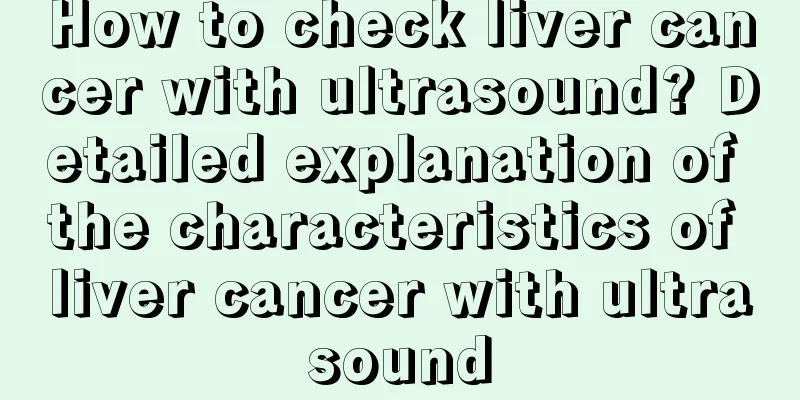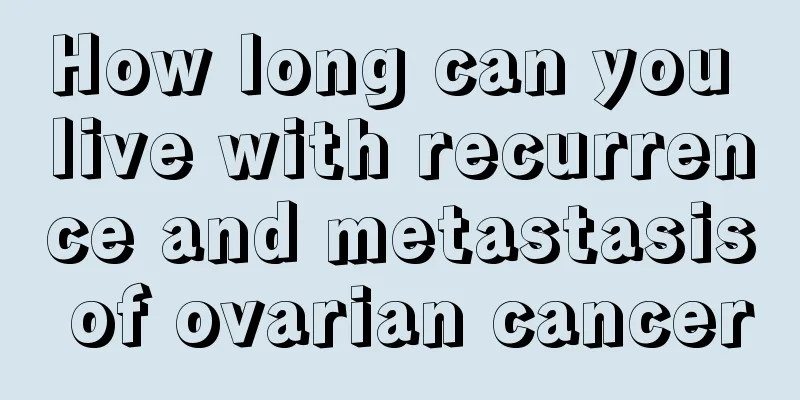Can I drink milk after surgery

|
People judge their physical conditions based on their own experience. Some people may have medical problems, and the diseases that require surgery are probably more serious. However, post-operative care is also very important. For example, there are some foods that you need to pay attention to, some of which can be eaten and some cannot. Make your own judgement based on your own situation, or take it according to your doctor's advice. After the operation, the body is in a recovery period. So can I drink milk after the operation? Patients who have undergone abdominal surgery cannot drink milk. Such patients often have symptoms of intestinal flatulence. Milk contains more fat and casein. These substances are not easily digested in the gastrointestinal tract. If they stay in the intestines for too long, they will produce gas, which will aggravate the patient's intestinal bloating symptoms and is not conducive to the recovery of the patient's intestinal motility function. Nine categories of people who cannot drink milk 1. Patients with peptic ulcers should not drink milk Although milk can relieve the irritation of stomach acid on the ulcer surface, it can stimulate the gastrointestinal mucosa to secrete a large amount of stomach acid, which will aggravate the condition. 2. Patients with iron deficiency anemia should not drink milk The iron in food needs to be converted into ferrous iron in the digestive tract before it can be absorbed and utilized. If you drink milk, the ferrous iron in your body will combine with the calcium and phosphate salts in the milk to form insoluble compounds, which will affect the absorption and utilization of iron and is not conducive to the recovery of anemia patients. 3. People who usually have symptoms such as abdominal distension, frequent farts, abdominal pain and diarrhea should not drink milk Although these symptoms are not caused by milk, drinking milk will make them worse. Therefore, people who usually suffer from abdominal bloating, frequent farts, abdominal pain and diarrhea should not drink milk. 4. Patients who have undergone abdominal surgery should not drink milk Most of these patients suffer from intestinal flatulence. Milk contains more fat and casein, which are difficult to digest in the gastrointestinal tract. After fermentation, it can produce gas, which aggravates intestinal flatulence and is not conducive to the recovery of intestinal motility function. 5. Patients with lactose acid deficiency should not drink milk The lactose content in milk is high, but it must be broken down into galactose and glucose by the action of lactose acid in the digestive tract before it can be absorbed by the human body. If lactose acid is deficient, consuming milk will cause abdominal pain and diarrhea. 6. Patients with cholecystitis and pancreatitis should not drink milk The digestion of fat in milk requires the participation of bile and pancreatic lipase. Drinking milk will increase the burden on the gallbladder and pancreas, thereby aggravating the condition. 7. Patients with reflux esophagitis should not drink milk Milk containing fat will affect the contraction of the lower esophageal sphincter, thereby increasing the reflux of gastric juice or intestinal juice and aggravating the symptoms of esophagitis. 8. Lead workers should not drink milk The lactose in milk can promote the absorption and accumulation of lead in the human body, thereby aggravating and causing lead poisoning in the body, resulting in symptoms such as dizziness, insomnia, and fatigue. At the same time, children who may have excessive lead levels should not drink milk. 9. People with kidney stones should not drink milk After sleep, the amount of urine decreases, and the various tangible substances in the urine increase, which can make the urine more concentrated. Since milk contains a lot of calcium, most kidney stones contain calcium salts. The most dangerous factor for stone formation is a sudden increase in calcium concentration in the urine over a short period of time. 2 to 3 hours after drinking milk, it is the peak time for calcium to be excreted through the kidneys. If you are in a sleeping state at this time, your urine is concentrated, and more calcium passes through the kidneys, making it easy to form stones. |
<<: What's wrong with the sound when I bend my knee
>>: Can I drink milk during chemotherapy?
Recommend
What causes calf pain?
Many people think that calf muscle pain is cramps...
How many courses of chemotherapy are best after gastric cancer resection?
How many courses of chemotherapy are optimal afte...
Can CT scan detect nasopharyngeal cancer? How to prevent nasopharyngeal cancer
Can CT scan detect nasopharyngeal cancer? How to ...
Can kidney stones cause fever?
Kidney stones are a common disease in our lives. ...
The difference between the upper respiratory tract and the lower respiratory tract is important for preventing diseases
Respiratory disease is a common disease, especial...
Overeating and vomiting
Overeating is a taboo for many people who are try...
What is sinus bradycardia?
Many people are unfamiliar with sinus bradycardia...
How to stage prostate cancer
Prostate cancer staging is used to assess the spr...
There is a lump on my neck that doesn't hurt or itch, is it serious?
If you have a painless or itchy lump on your neck...
What are the prevention methods for Middle East Respiratory Syndrome
Many people must still remember the Middle East R...
The difference between red mercury and purple mercury
I believe that everyone has often heard of red me...
Is advanced bone cancer extremely difficult to cure?
Is advanced bone cancer extremely difficult to cu...
What causes kidney cancer?
Kidney cancer, also known as renal cell carcinoma...
What's the matter with the white spots on the thumb
What are the white spots on the thumb? Our finger...
What to use to wash the anus and how to wash it
Because some anal skin diseases require attention...









